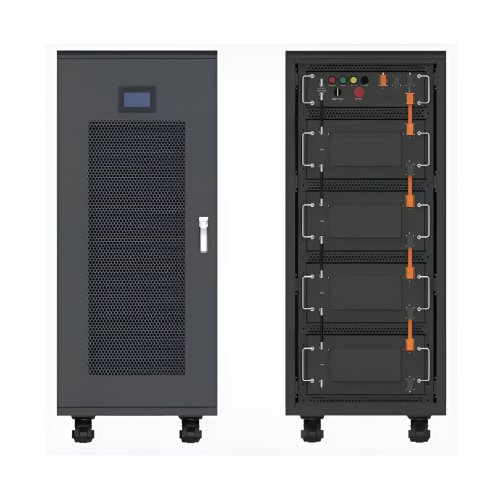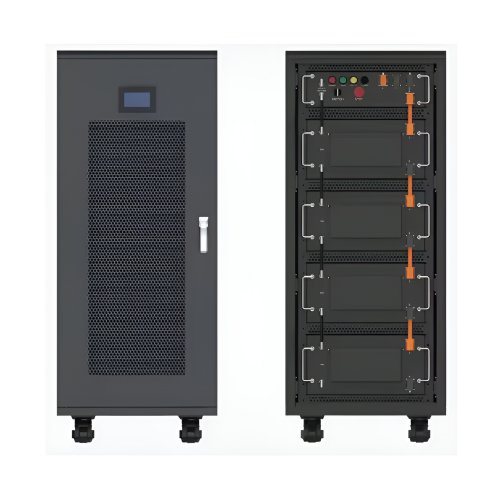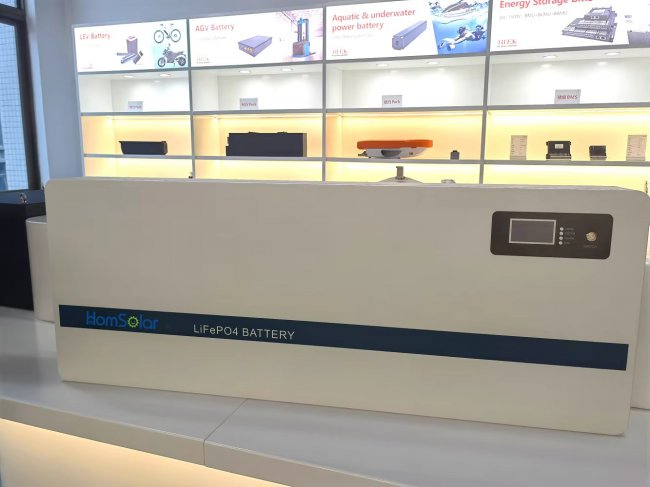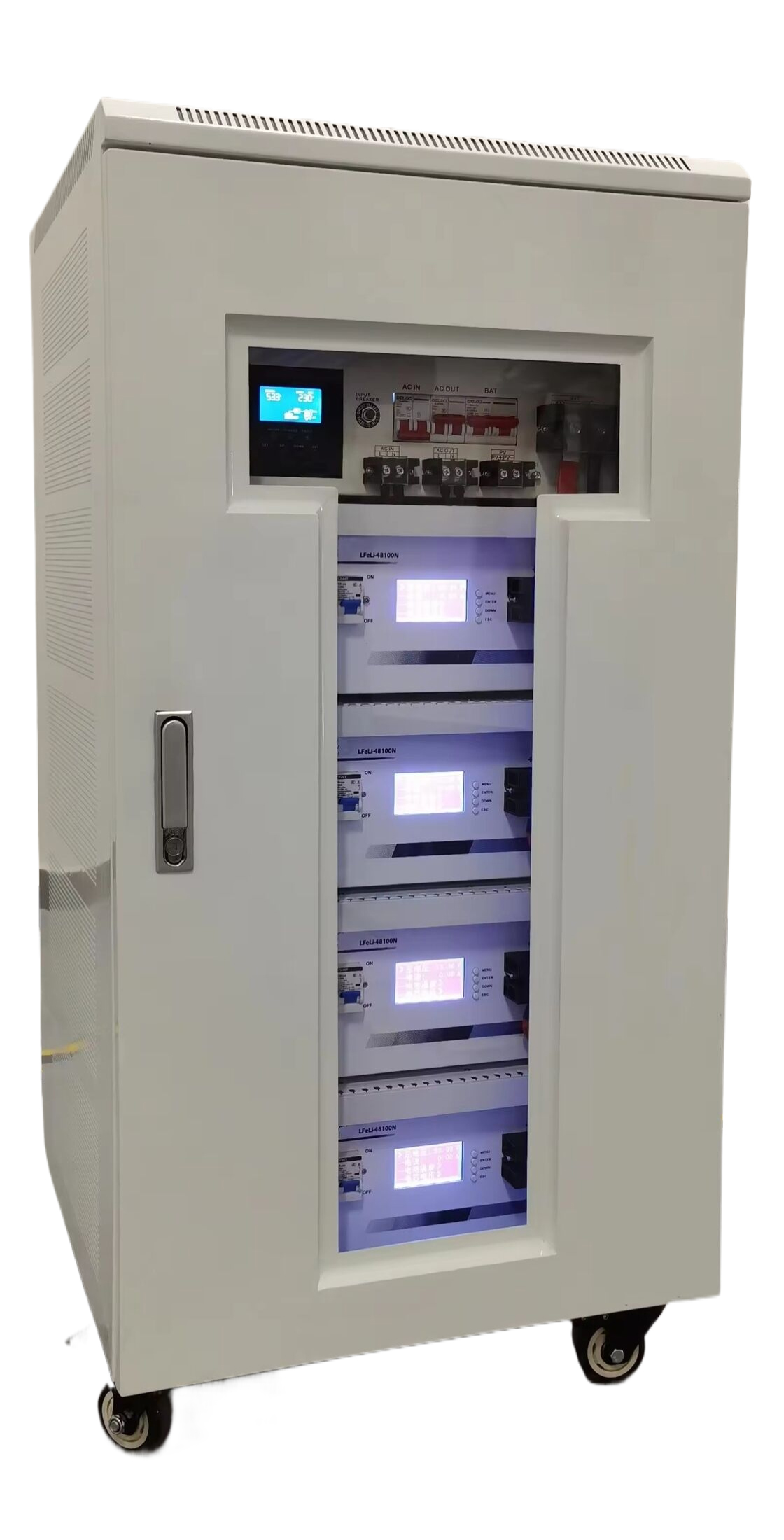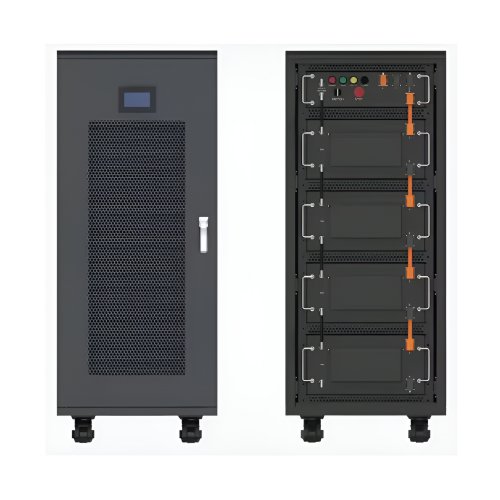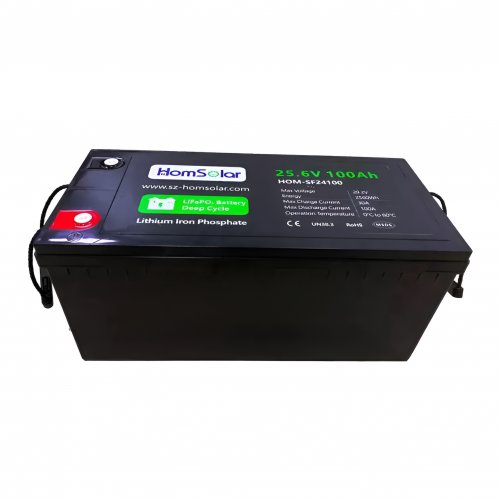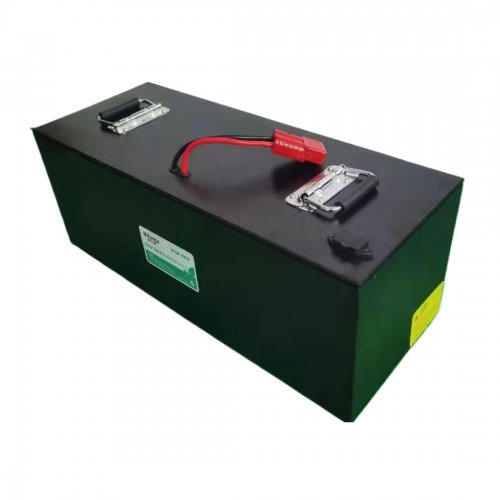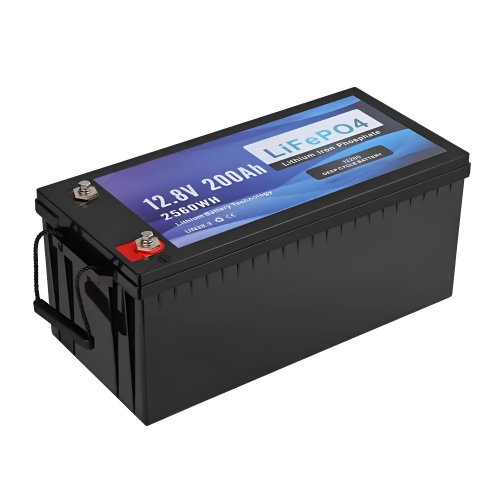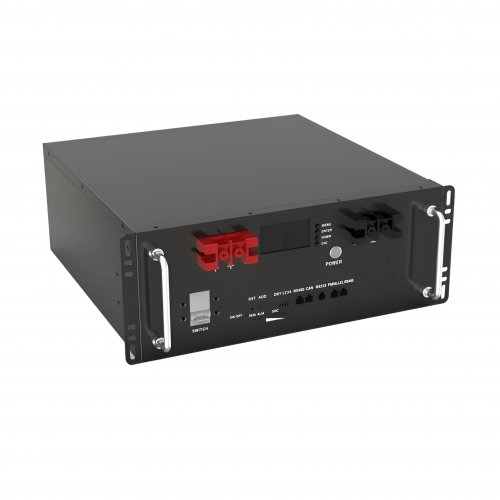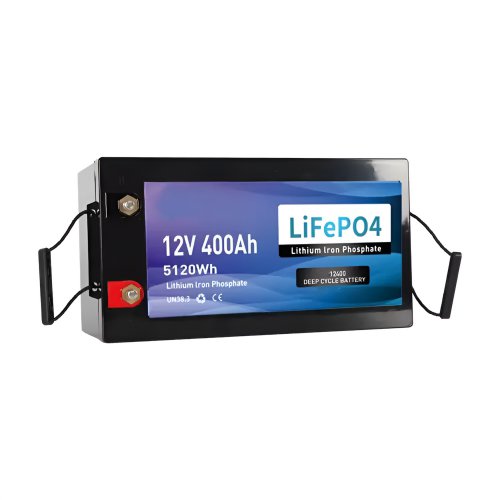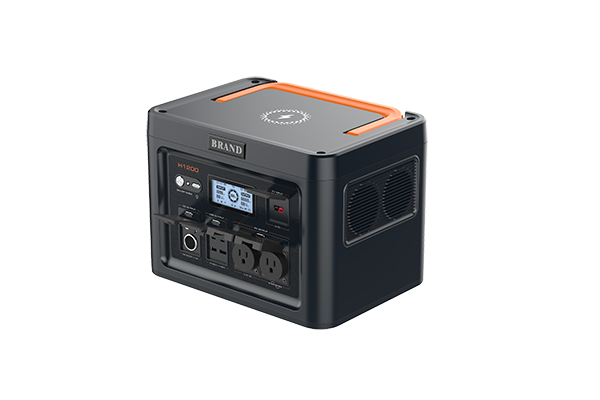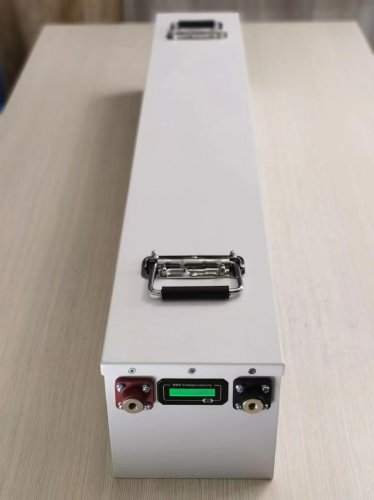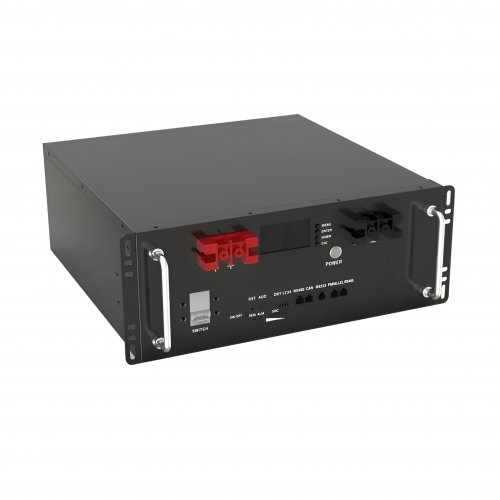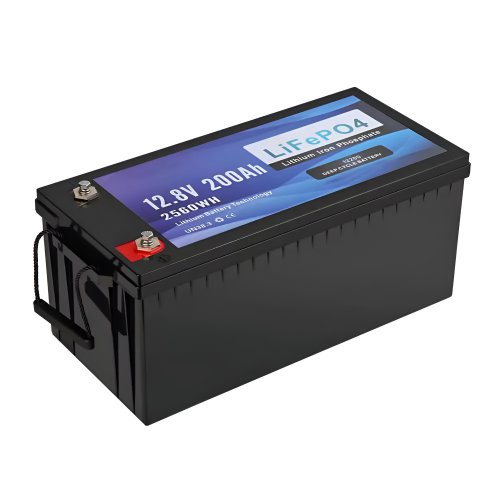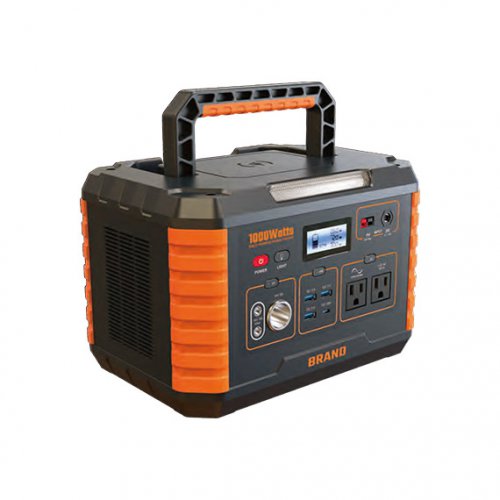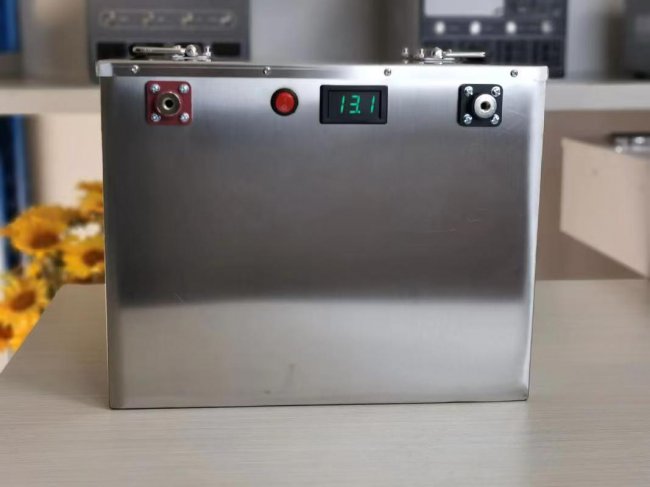Energy Storage Systems News: Surging Investments And Technological Breakthroughs Reshape The Global Grid
The global energy storage systems (ESS) sector is experiencing a period of unprecedented growth and transformation, moving from a niche supporting technology to a cornerstone of the world’s clean energy transition. Driven by the rapid deployment of variable renewable energy sources like solar and wind, the need to enhance grid stability, and a wave of supportive policy and investment, the industry is scaling at a remarkable pace while simultaneously innovating to overcome its next set of challenges.
Latest Industry Developments: Gigafactories and Grid-Scale Projects
Recent months have been marked by a flurry of announcements underscoring the sector's bullish momentum. Manufacturing capacity is expanding globally, particularly for lithium-ion batteries, which continue to dominate the market. Major players from Asia, Europe, and North America are investing billions in new 'gigafactories' dedicated not only to electric vehicles but also to stationary storage. This scaling-up is critical to meeting soaring demand and is expected to help drive down costs through economies of scale.
Concurrently, the scale of individual projects continues to break records. Utilities and independent power producers are commissioning grid-scale battery storage facilities with capacities now regularly exceeding 500 megawatts (MW) and even reaching the gigawatt-hour (GWh) range. These are no longer small pilot projects; they are substantial power plants designed to provide critical services like peak shaving, frequency regulation, and black-start capabilities. For instance, recent announcements in California, Texas, and the UK highlight a trend where storage is being integrated as a default component of new renewable energy installations, creating hybrid power plants that can deliver electricity around the clock.
Furthermore, the regulatory landscape is evolving to better accommodate and value storage. Markets are increasingly developing mechanisms to monetize the multiple services that ESS can provide, from capacity reserves to ancillary services. In the United States, the implementation of the Inflation Reduction Act (IRA) has provided significant investment tax credits for standalone energy storage, removing the previous requirement for storage to be co-located with solar to receive federal incentives. This single policy shift is widely regarded as a game-changer, unlocking a wave of projected investment in the sector.
Trend Analysis: Beyond Lithium and Beyond the Grid
While lithium-ion technology is the undisputed leader for now, the industry is actively exploring and commercializing alternative technologies to address its limitations, particularly for long-duration energy storage (LDES). The quest for solutions that can store energy for 10, 100, or even more hours is intensifying. Technologies such as flow batteries (vanadium and zinc-based), compressed air energy storage (CAES), advanced pumped hydro, and thermal storage are gaining traction for specific applications where duration and cycle life are more critical than energy density.
"The lithium-ion battery is perfect for four-hour storage, which handles the evening peak," says Dr. Elena Moretti, a senior research fellow at the Institute for Energy Economics. "But as we target grids with 80% or more renewables, we need weekly or even seasonal storage. That is the next frontier, and it will likely be served by a diverse portfolio of technologies, each with its own economic niche."
Another significant trend is the rapid growth of the commercial and industrial (C&I) and residential segments. Businesses are increasingly turning to storage paired with solar to reduce demand charges, ensure backup power, and participate in demand response programs. Homeowners are adopting storage to increase energy independence and resilience. This decentralization of storage resources is creating new opportunities for virtual power plants (VPPs), where aggregators can control thousands of distributed systems to act as a single, large-scale resource to support the grid during times of stress.
Expert Perspectives: Navigating Supply Chains and Sustainability
Industry experts point to two primary areas of focus and concern: supply chain resilience and sustainability. The concentration of raw material mining and processing, particularly for lithium, cobalt, and nickel, presents a geopolitical and logistical challenge. Price volatility and supply bottlenecks remain a risk to continued cost reduction and scaling.
"Supply chain diversification is not just a business imperative; it's a matter of national energy security for many countries," notes Michael Chen, an analyst at a clean energy consulting firm. "We are seeing a strong push for developing domestic manufacturing and recycling capabilities, as well as for chemistries that utilize more abundant materials, such as lithium iron phosphate (LFP), which is already dominating new stationary storage deployments."
The sustainability of the entire ESS lifecycle is also under scrutiny. While storage enables a massive reduction in carbon emissions by facilitating renewables, its own manufacturing footprint and end-of-life management need to be addressed. This is driving major investments in recycling technologies and the development of a circular economy for batteries.
"Recycling isn't just an environmental necessity; it's an emerging economic opportunity," states Sarah Wilkinson, CEO of a battery recycling startup. "Recovering high-value materials from end-of-life batteries will be crucial for securing the future supply chain and reducing the overall environmental impact of the energy transition. The industry is moving towards designing batteries for easier disassembly and recycling from the very beginning."
In conclusion, the energy storage systems industry is at a critical inflection point. It is maturing from a promising technology into an indispensable pillar of a modern, decarbonized, and resilient electricity grid. While challenges related to technology diversification, supply chains, and sustainability persist, the continued flow of investment, policy support, and relentless innovation suggests that energy storage is poised for a long and transformative era of growth.
Customized/OEM/ODM Service
HomSolar Supports Lifepo4 battery pack customization/OEM/ODM service, welcome to contact us and tell us your needs.


HomSolar: Your One-stop LiFePO4 Battery Pack & ESS Solution Manufacturer
Our line of LiFePO4 (LFP) batteries offer a solution to demanding applications that require a lighter weight, longer life, and higher capacity battery. Features include advanced battery management systems (BMS), Bluetooth® communication and active intelligent monitoring.

Customised Lithium Iron Phosphate Battery Casing
ABS plastic housing, aluminium housing, stainless steel housing and iron housing are available, and can also be designed and customised according to your needs.

HomSolar Smart BMS
Intelligent Battery Management System for HomSolar Energy Storage System. Bluetooth, temperature sensor, LCD display, CAN interface, UART interface also available.


Terminals & Plugs Can Be Customized
A wide range of terminals and plugs can be customised to suit the application needs of your battery products.

Well-designed Solutions for Energy Storage Systems
We will design the perfect energy storage system solution according to your needs, so that you can easily solve the specific industry applications of battery products.



About Our Battery Cells
Our energy storage system products use brand new grade A LiFePO4 cells with a battery lifespan of more than 4,000 charge/discharge cycles.



Applications in Different Industries
We supply customized & OEM battery pack, assemble cells with wiring, fuse and plastic cover, all the cell wires connected to PCB plug or built BMS.
Applications: E-bike, Electric Scooter, Golf Carts, RV, Electric Wheelchair, Electric Tools, Robot Cleaner, Robot Sweeper, Solar Energy Storage System, Emergency Light, Solar Power Light, Medical Equipment, UPS Backup Power Supply.
We can provide you with customized services. We have the ability to provide a vertical supply chain, from single cells to pack/module and to a complete power solution with BMS, etc.


HomSolar (Shenzhen) Technology Co., Ltd







